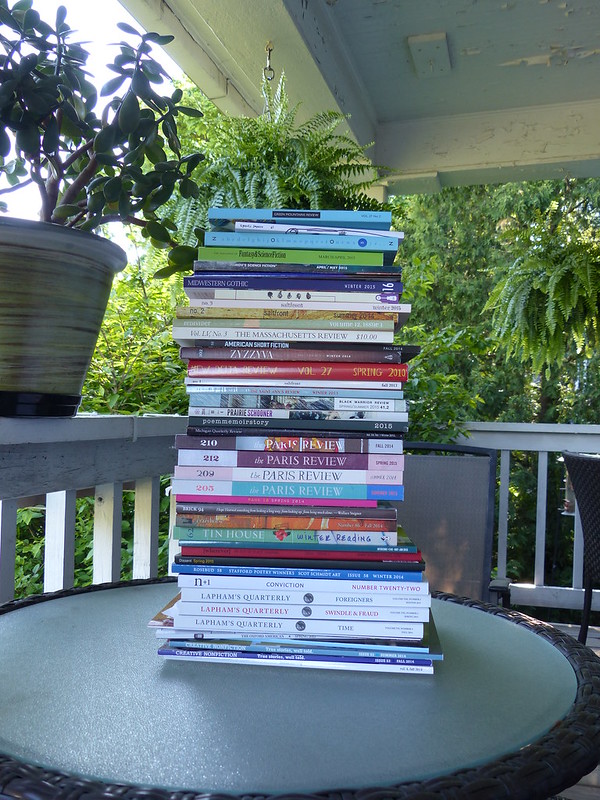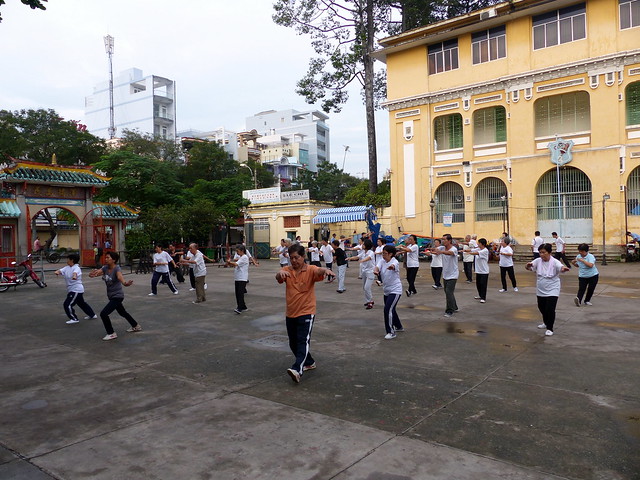This is a collection of links – articles, interviews, rememberances – of the late, great Roger Zelazny.
Zelazny reading at the 4th Street Fantasy Convention in 1986 (video)
NPR’s “My Guilty Pleasure” review of the Chronicles of Amber, published January 2012
Roger Zelzny, Hero-Maker; essay by Mary A. Turzillo
Suspended in Literature: Patterns and Allusions in The Chronicles of Amber; essay by Christopher S. Kovacs
Audio books of the Chronicles of Amber, read by RZ, posted on YouTube
– Nine Princes in Amber
– The Guns of Avalon
– The Sign of the Unicorn
– The Hand of Oberon
– The Courts of Chaos




